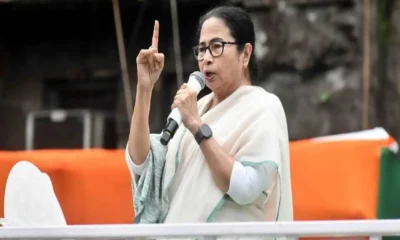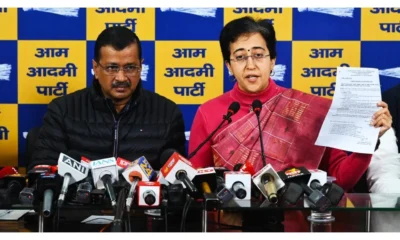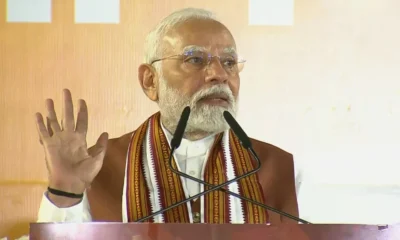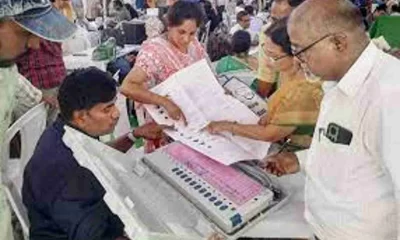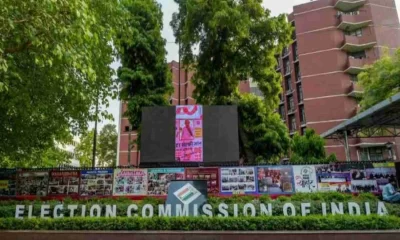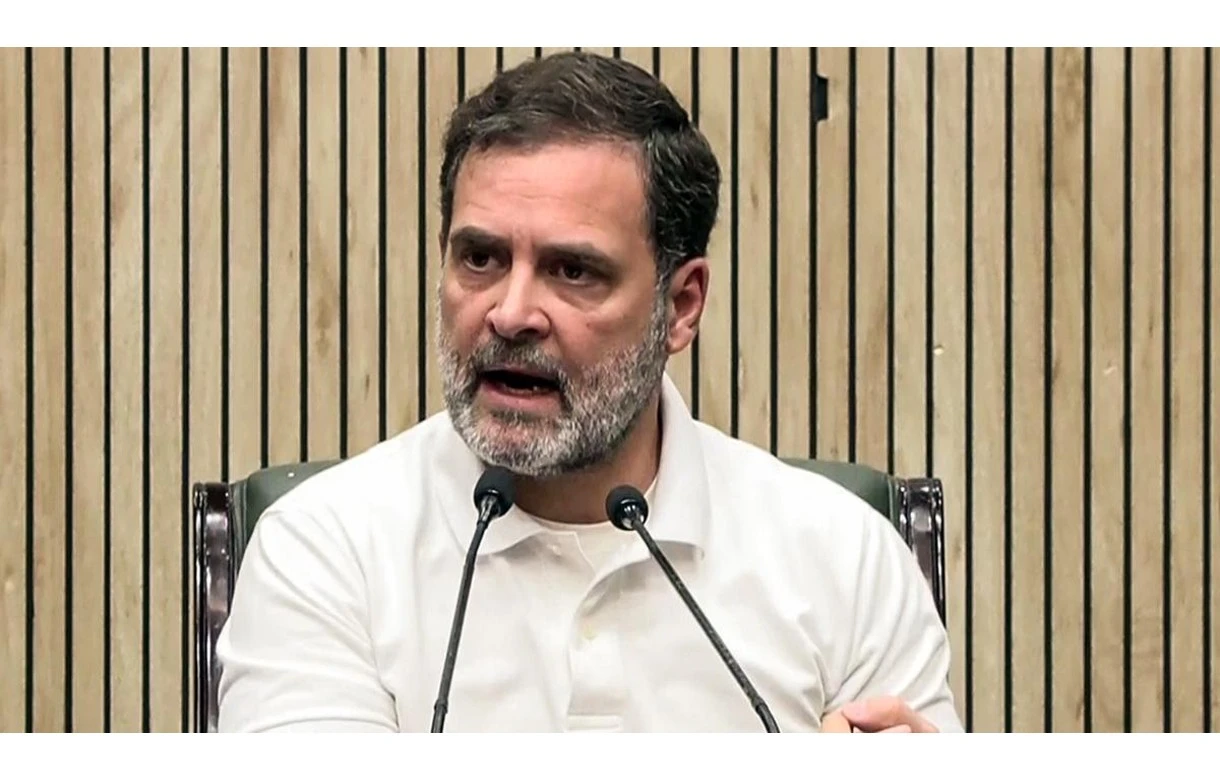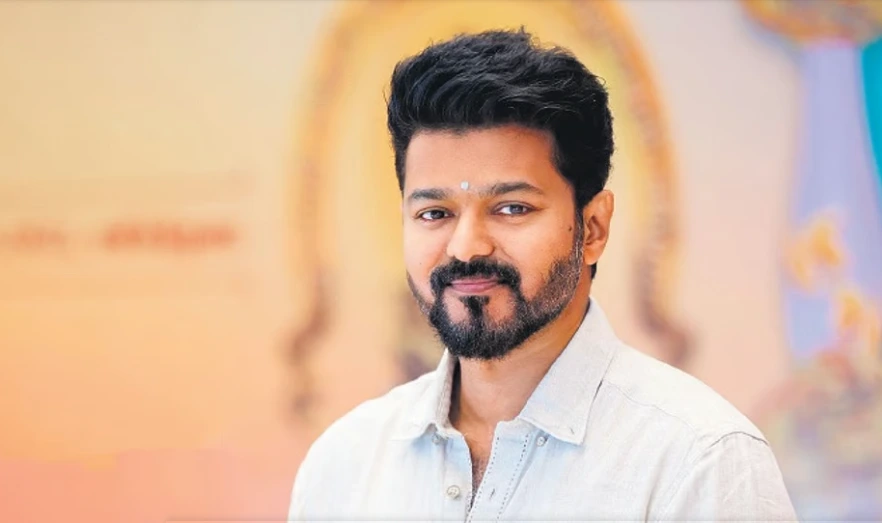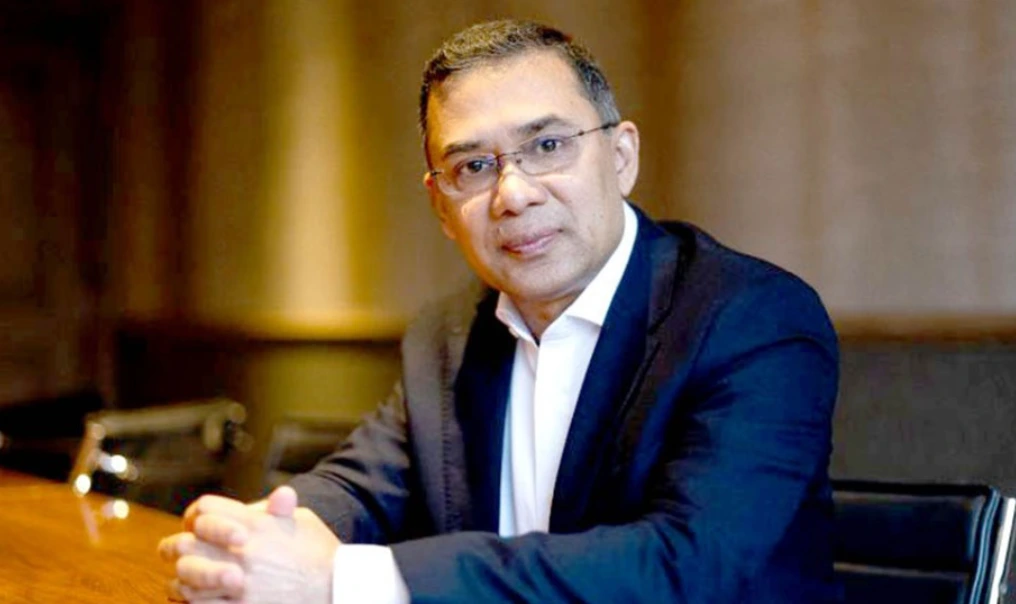Latest Politics News
Assembly elections: Voting begins for 20 seats in Chhattisgarh, 40 seats in Mizoram
The first phase of the Chhattisgarh election will decide the fate of 223 candidates, including 25 women
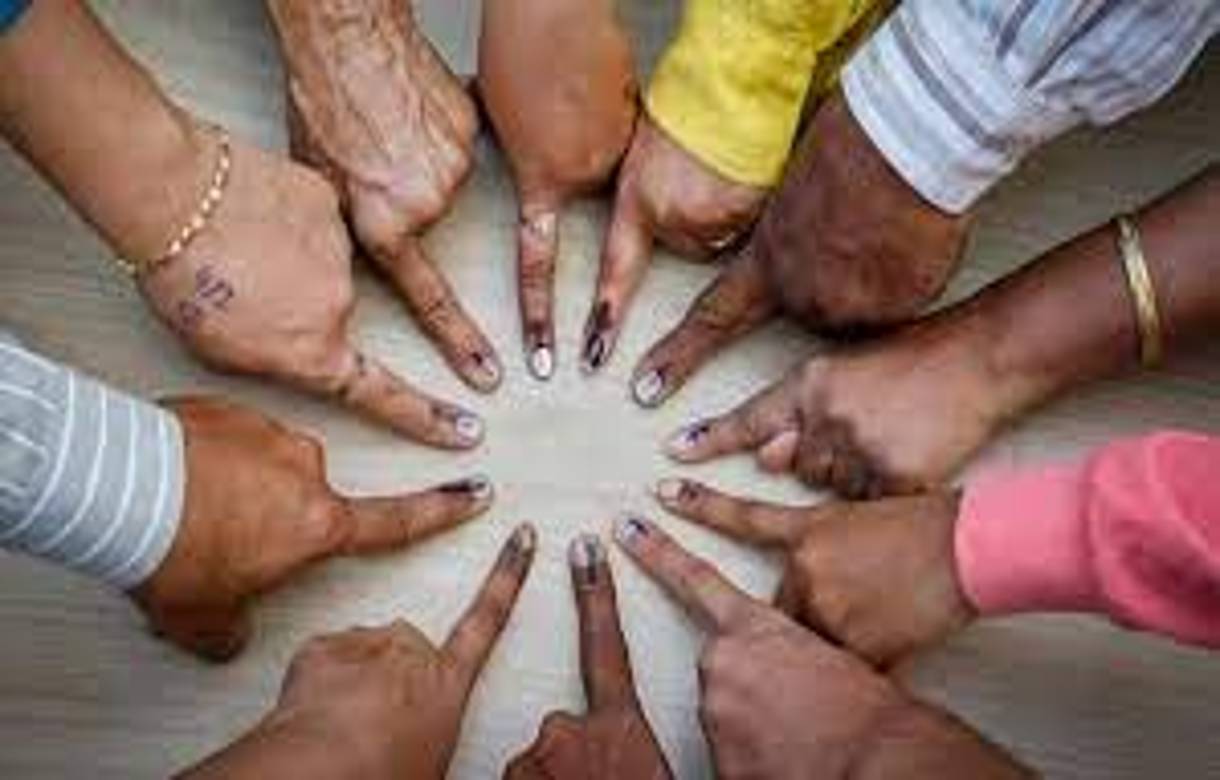
India News
Rahul Gandhi faces expulsion demand in Lok Sabha over trade deal remarks
BJP MP Nishikant Dubey has moved a notice seeking Rahul Gandhi’s expulsion from the Lok Sabha. Here is how the disqualification and expulsion process works.
India News
Vijay targets DMK over Rs 2,000 scheme, calls on voters to blow the whistle
Vijay accused the DMK of trying to influence voters through financial promises and urged people to back TVK in the upcoming Tamil Nadu elections.
Latest Politics News
Tarique Rahman-led BNP set for landslide win in Bangladesh elections
BNP led by Tarique Rahman has crossed the majority mark in Bangladesh’s national elections, with projections suggesting a two-thirds majority. Jamaat has conceded defeat.
-

 India News17 hours ago
India News17 hours agoRahul Gandhi meets farmers over India-US trade deal, BJP calls it stage-managed
-

 Lifestyle17 hours ago
Lifestyle17 hours agoValentine’s Day 2026: Wishes, messages and quotes to share with your loved one
-
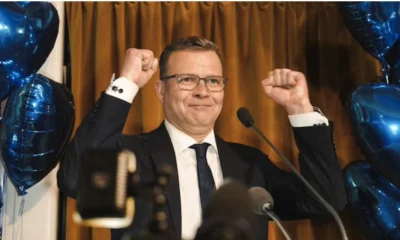
 Latest world news17 hours ago
Latest world news17 hours agoFinland PM Petteri Orpo to attend India AI Impact Summit, meet PM Modi
-
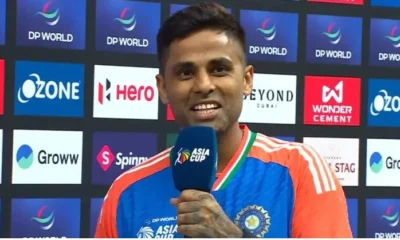
 Trending9 hours ago
Trending9 hours agoIndia vs Pakistan T20 World Cup 2026: Suryakumar Yadav hints at Kuldeep, Abhishek inclusion, stays guarded on handshake row
-
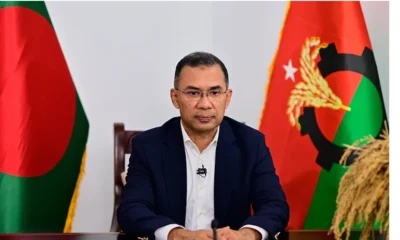
 Latest world news9 hours ago
Latest world news9 hours agoBangladesh’s BNP seeks stronger India ties based on mutual respect
-
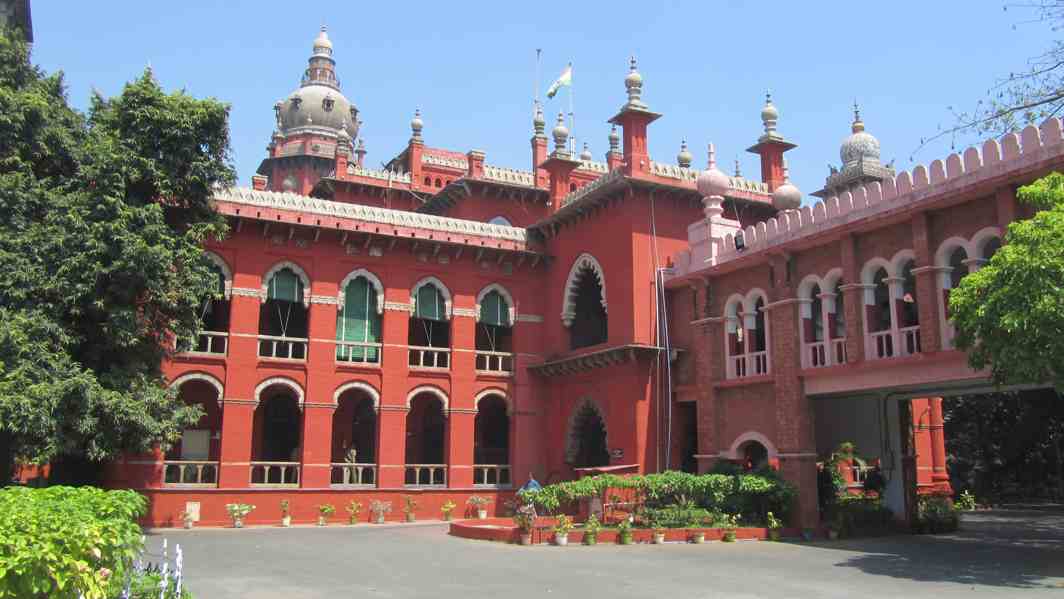
 India News9 hours ago
India News9 hours agoMadras High Court orders vigilance probe into alleged bribe in gold fraud case



